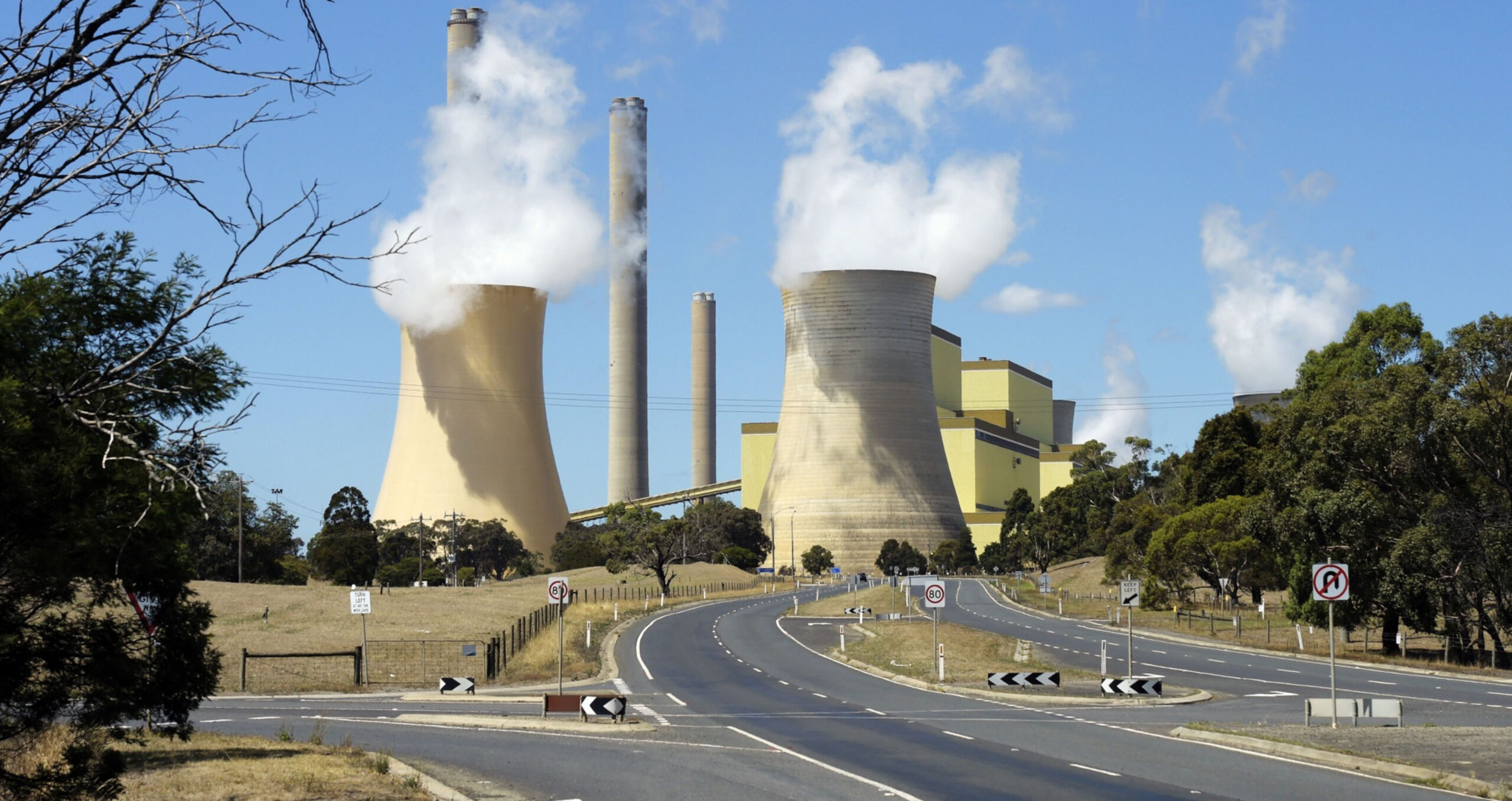
Australian carbon market set for reform

An independent review into Australia’s carbon trading system urges governance changes to increase transparency and restore confidence in the offsetting scheme.
Separation of governance bodies to avoid potential conflicts of interest, the creation of a new integrity committee, and enhancing data access and data sharing are among the 16 recommendations of an independent review published on Monday and put to the Australian government to improve the country’s carbon market.
The Australian government said it accepts all of the recommendations “in principle” and that it will work with stakeholders on implementation, including related legislative amendments.
Despite the list of recommended changes, the independent review panel, led by scientist Ian Chubb, also stated that the Australian carbon credit units (ACCUs) scheme arrangements are “essentially sound”.
The country’s A$4.5bn ($3.12bn) Emissions Reduction Fund issues ACCUs to promote predominantly projects that avert deforestation, regenerate vegetation or capture methane from landfills.
The owner of the projects can then sell credits to the government or to companies looking to meet their emissions reduction targets. Under the rules, one ACCU represents one tonne of cancelled carbon dioxide.
Last year, Australia’s largely voluntary carbon market received fierce criticism following accusations from insiders that some carbon offsetting projects are not genuinely generating emissions reductions.
Andrew Macintosh, the former head of the committee responsible for ensuring the integrity of the ERF, questioned the scheme’s governance model and integrity, causing nothing short of a scandal.
Subsequently, Australia’s newly appointed Labor government mandated Chubb to chair a review into the country’s carbon market to assess how well the system contributes to national emissions reduction targets and whether the right processes are in place to avoid adverse impacts.
Opposing views remain
Macintosh, for his part, told Australian news service SBS that he was disappointed and really confused with the findings of the review. “What they’ve essentially said is that there’s a need for quite sweeping reforms, yet there’s nothing really wrong with the carbon credits that are being generated,” he said.
He did, however, welcome the panel’s decision to recommend overhauling and re-establishing the committee he once headed. The new entity (the Carbon Abatement Integrity Committee) will have a stronger remit of assuring method integrity, including the membership of at least one First Nations Australian.
Regarding the accusations on the lack of policy effectiveness of the country’s carbon offsetting scheme, the panel said it “was provided with some evidence supporting that position”, but also “with evidence to the contrary”.
According to the panel, one of the reasons for these opposing views is the lack of transparency: “Third parties cannot access the relevant data, and so different conclusions can be drawn and all genuinely held.”
Therefore, the review recommended to split clearly the roles of integrity assurance, regulation and administration and to remove restrictions on data sharing. It also stressed the need for increased resources to enhance transparency and confidence in the scheme.
“Given the important role of ACCUs in the suite of climate mitigation policies, and the essential need for their integrity to be unarguable, all the links in the chain need to be able to do the job required of them – and that means resourcing. There is no practical or cheap alternative,” the report concluded.
The trade of these ACCUs is considered fundamental to achieving Australia’s recent pledge to cut carbon emissions by 43 per cent from 2005 levels by 2030. Any problems in the country’s carbon market would have repercussions elsewhere, such as for its safeguard mechanism – a scheme for the country’s biggest emitters to offset their emissions – which is currently also under review.
The high-emitting facilities offset emissions using largely ACCUs, so if the underlying carbon credit units are deemed to be inefficient or lacking integrity, so too would the safeguard mechanism.
Jennifer Rayner, head of advocacy at research organisation Climate Council Australia, welcomes the steps taken to improve the county’s carbon credits, but warns of relying solely on offsetting and urged for a limit on how many emissions can be offset by facilities under the mechanism.
The trading of carbon credits or allowances is expected to expand significantly over the coming years as companies and countries look to offset emissions to help meet their own net zero targets.
Lawmakers in several jurisdictions are passing legislation to standardise their markets and provide more transparency on the emissions reduced.
Photo credit: Carla Gottgens/Bloomberg
Similar Articles

In Brief: EU parliament rubber-stamps CSDDD; US imposes strict rules on carbon pollution from power plants

UK Climate Change Act remains legally sound 15 years on, experts say


